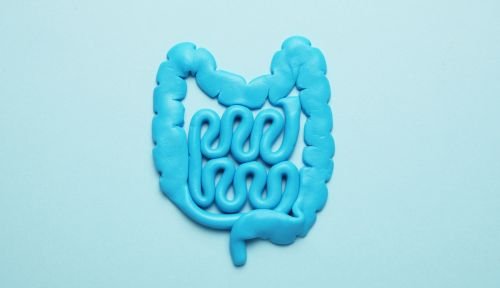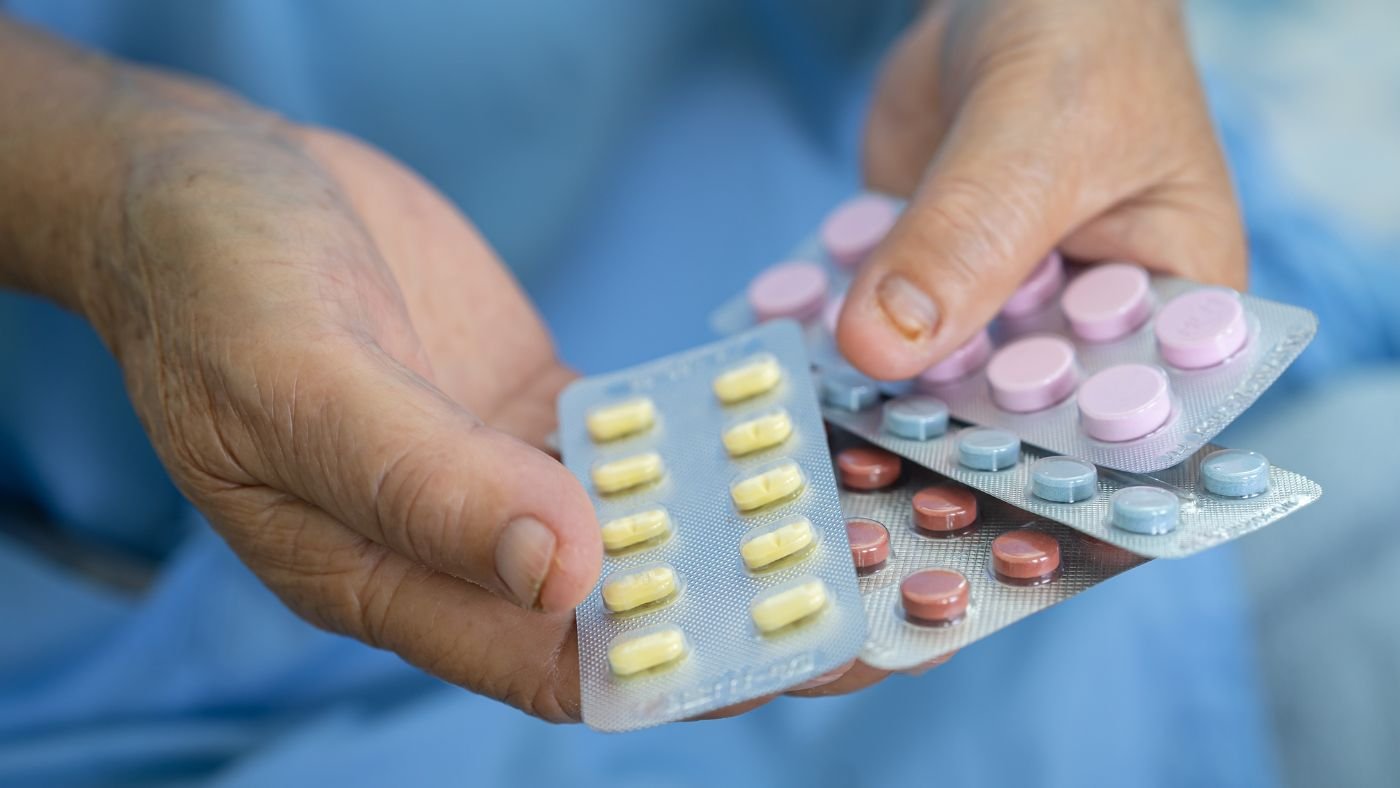Antibiotics are a pharmacological group that includes drugs that inhibit the growth of bacteria or kill bacteria. They were developed about a century ago and since then have saved many lives in the fight against various infectious diseases. However, just like any medicine, antibiotics have advantages and disadvantages that are important to understand in order to use them safely and effectively.1
Antibiotics are very important drugs, but they should be used with caution. Overdosing can cause serious side effects, and misuse can lead to antibiotic resistance, where bacteria become resistant to antibiotics and become more difficult to treat. Therefore, it is important to know when to use antibiotics and how to use them safely.
Using antibiotics is a complex process that everyone should understand. In this article, we will provide detailed information about antibiotics, the advantages and disadvantages of their use, as well as the most frequently asked questions about these drugs.

We understand the role of antibiotics
Antibiotics are very important in fighting inflammations and infections caused by bacteria. They work by blocking the growth of bacteria or killing them directly. However, it is important to understand that antibiotics are not effective against viral infections such as the common cold or flu.
Antibiotics work in different ways depending on their type. Some antibiotics work by blocking the bacteria's ability to produce proteins necessary for their vital activities, others interfere with the formation of bacterial cell walls, and still others inhibit the replication of bacterial DNA. However, they all have a common goal - to fight bacteria and help the body recover.
The role of antibiotics is especially important in cases of severe bacterial infections, when the body cannot effectively fight the infection by itself. However, their use should be well thought out and controlled to avoid negative consequences.
Interesting facts about antibiotics
Antibiotics were discovered in the 20th century and since then they have radically changed the way we treat infectious diseases. The first antibiotic, penicillin, was discovered in 1928. and he helped save millions of lives during World War II.
Antibiotics are extremely important in the medical field. They are used not only in the treatment of infectious diseases, but also used prophylactically, before operations, to prevent postoperative infections. In addition, they are used in animal husbandry to prevent infections and improve animal growth.
Despite the fact that antibiotics are useful and important, they can also cause negative consequences. Their excessive and inappropriate use can lead to antibiotic resistance, when bacteria become resistant to antibiotics and treatment becomes more difficult. In addition, antibiotics can damage the intestinal microflora and cause dysbiosis.

Benefits of antibiotics
Antibiotics are important in fighting bacterial infections. They help to quickly and effectively destroy bacteria and alleviate the patient's condition. In addition, antibiotics can be used prophylactically to prevent the spread of infection.
Antibiotics are necessary in the treatment of many serious and dangerous infections such as pneumonia, meningitis, sepsis, etc. Without antibiotics, these diseases could be fatal. In addition, they are used to treat various other bacterial diseases such as urinary tract infections, skin infections, sexually transmitted infections, etc.
Nevertheless, antibiotics should be used with caution and only according to the doctor's instructions. Their excessive and inappropriate use can lead to negative consequences.
Possible harm from antibiotics
Although antibiotics are very useful in fighting bacterial infections, they can also cause negative consequences. One of the most common problems is antibiotic resistance, when bacteria become resistant to antibiotics and treatment becomes more difficult.
Antibiotic resistance is a global problem of great concern in the healthcare sector. It occurs due to excessive and inappropriate use of antibiotics. Some bacteria can become resistant to even several types of antibiotics, which is why they are called "superbugs" and can be very difficult to treat.
In addition, antibiotics can cause side effects such as nausea, diarrhea, allergic reactions, etc. In addition, they can damage the intestinal microflora and cause dysbiosis, which can affect the overall health of the body. Therefore, it is important to use antibiotics carefully and only as directed by your doctor.
When to take antibiotics
Antibiotics should only be used when necessary and as directed by your doctor. They are intended for the treatment of bacterial infections, not viral diseases. For example, colds and flu are caused by viruses, so antibiotics will not help in these cases.
Antibiotics should only be used when the infection is severe or when there is a risk that it may spread and cause more serious consequences. For example, pneumonia, meningitis, sepsis and other serious inflammations require antibiotic treatment. However, for milder infections, such as urinary tract infections or skin infections, other methods may be sufficient.
It is important to understand that antibiotics are not harmless drugs. They can cause side effects and have a negative impact on the intestinal microflora. In addition, their excessive use can lead to antibiotic resistance. Therefore, it is important to use antibiotics carefully and only as directed by your doctor.

What happens to good bacteria when antibiotics are used?
Antibiotics affect not only harmful bacteria, but also good bacteria, which are important for our gut health. This can lead to dysbiosis, when the balance of the intestinal microflora is disturbed, and this can affect the overall health of the body.
Good bacteria are important for the functioning of our digestive system, immune system for strengthening and even mood. Antibiotics can kill these bacteria and cause digestive disorders, allergic reactions and other problems.
However, there are ways to restore the intestinal microflora after taking antibiotics. This includes taking probiotics, prebiotics and following a healthy diet.
We restore good bacteria after antibiotic treatment
Restoring the intestinal microflora after the use of antibiotics is an important process that helps to ensure the health of the body. This includes taking probiotics and prebiotics, as well as following a healthy diet.
Probiotics are live bacteria that are beneficial to our gut health. They help restore the balance of intestinal microflora and strengthen the immune system. Probiotics are found in fermented foods such as yogurt, kefir, kimchi, etc., and are also sold as supplements.
Prebiotics are food substances that feed our gut bacteria and encourage their growth. They are found in various foods such as chickpeas, bananas, garlic, leeks, etc.
A healthy diet is important for our gut health. This includes eating plenty of fruits and vegetables, whole grains, protein, and healthy fats. Alcohol, caffeine and processed foods can harm our gut health and should be limited.

Guidelines for the use of antibiotics in children
The use of antibiotics in children is particularly important and requires caution. Children are more sensitive to the side effects of antibiotics and their bodies are more vulnerable.
Antibiotics should be given to children only when necessary and as directed by a doctor. They should only be used to treat bacterial infections, not viral diseases.
It is important to follow the doctor's instructions and take the full course of antibiotics, even if the child feels better. Stopping antibiotics earlier can allow the bacteria to recover and cause the infection to recur.
In addition, it is important to monitor the child's condition and consult a doctor if you notice any negative changes. These may include allergic reactions, nausea, diarrhea, skin rash, etc.

Tips for safe antibiotic use
The use of antibiotics is a very important process that needs to be done carefully and carefully. This is because the wrong use of antibiotics can lead to serious health problems. So here are some tips on how to use antibiotics safely.
The safe use of antibiotics is important to ensure their effectiveness and avoid negative consequences. Here are some tips for using antibiotics safely:
- Use antibiotics only as directed by your doctor. Do not use antibiotics that have been prescribed for other people or share your antibiotics with others.
- Follow the prescribed antibiotic schedule. Take the full course of the medicine even if you feel better. Stopping antibiotics earlier can allow the bacteria to recover and cause the infection to recur.
- Monitor your condition and contact your doctor if you notice any adverse changes
First, it is important that your doctor prescribes an antibiotic. This means that you should not use antibiotics that you have at home or use other people's antibiotics. Also, you should always follow your doctor's instructions and take the full course of antibiotics, even if you feel better.
Second, it's important to drink good bacteria when you're on antibiotics. This is because antibiotics can damage your gut microflora, so it is better to take probiotics to restore a healthy balance of bacteria. You can also eat yogurt or other fermented foods that are natural probiotics.
Finally, it's important to avoid drinking alcohol while taking antibiotics. Alcohol can interfere with the effectiveness of antibiotics and cause unwanted side effects. Also, alcohol can increase the burden on the liver as it struggles to process medications, so it's best to avoid it.
Good bacteria:
-
Sale Product on saleKIKI Health BODY BIOTICS - Good bacteria with organic prebiotics, 30 vegcapsules
35,90 €Original price was: 35,90 €.21,50 €Current price is: 21,50 €.Rated 5.00 out of 5 based on 2 customer ratings
What are antibiotics?
Antibiotics are medicines used to treat infections caused by bacteria. They work by inhibiting the growth of bacteria or by killing bacteria.
When should antibiotics be used?
Antibiotics are used to treat infections caused by bacteria. They do not help when the disease is caused by viruses, for example, in the case of a cold or flu.
Can antibiotics cause side effects?
Yes, antibiotics can cause side effects such as nausea, diarrhea, allergic reactions, etc. It is important to consult your doctor if you notice any unusual symptom while taking antibiotics.
Can I take antibiotics without a prescription?
No, antibiotics are prescription drugs. They should be prescribed by a doctor, depending on your health condition and the type of infection.
Can I stop taking antibiotics when I feel better?
No, it is important to finish the full course of antibiotics, even if you feel better. Stopping treatment early may allow the bacteria to recover and cause the infection to recur.
Do antibiotics work against all types of bacteria?
No, some antibiotics are "broad-spectrum" and can work against many different types of bacteria, while others are "narrow-spectrum" and only work against certain types of bacteria.
Why is it important to use antibiotics responsibly?
Responsible use of antibiotics is important because overuse or inappropriate use can lead to antibiotic resistance, where bacteria become resistant to antibiotics and become more difficult to treat.
As with adults, antibiotics can be helpful in children if they have bacterial infections. However, their use must be carefully monitored, as children are more vulnerable to the side effects of antibiotics.
Conclusions
Antibiotics are vital drugs, but their use must be carefully monitored and managed to avoid adverse outcomes. It is important to follow your doctor's instructions, take probiotics and avoid alcohol. Also, you should always consult your doctor if you have any questions or concerns about the use of antibiotics.













One comment
Ovidius L.
I just finished reading this article and wanted to leave a comment. Your analysis on this topic was excellent and gave me a lot to think about. I appreciate the time and effort you put in creating this kind of valuable content. I look forward to more.